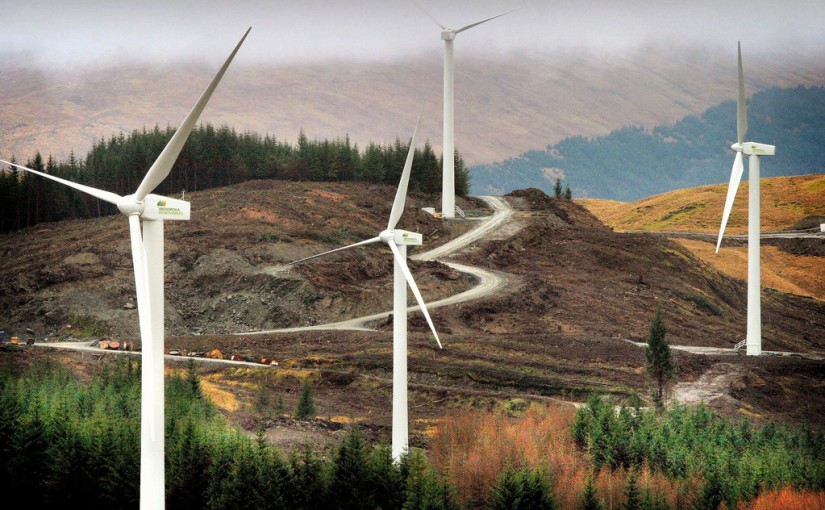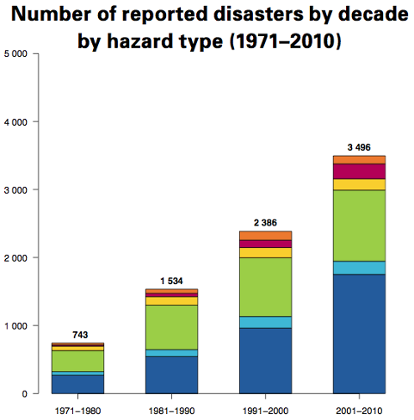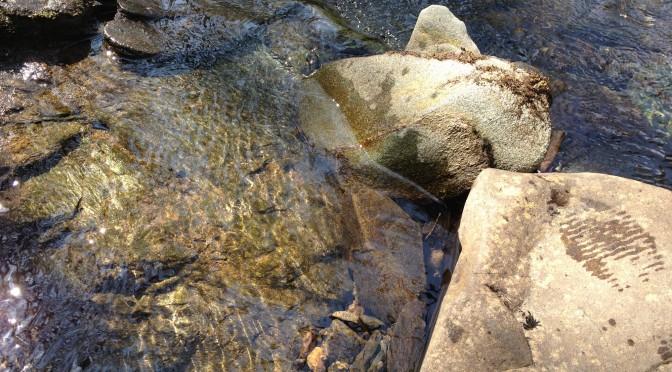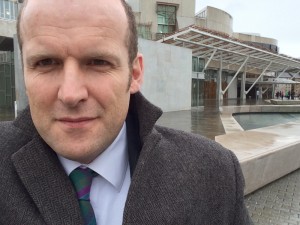Foundation Scotland held the third of their regional seminars on achieving impact with funds derived from wind farms in Kilmory Castle today, and as chair of CGDT I was privileged to be asked to make a presentation on how Community Benefit was managed in our community.
The whole event was extremely well facilitated by James Hilder, who provided a logical, fair and humorous context for the various presentations and discussions on the day. I’d had misgivings about spending another day away from work, but in this case I took away several highly valuable insights about the disbursement of Community Benefit and also, of course, on Community Development.
The first came from James himself with regard to maintaining community support for development organisations – he recommended a social audit whereby the organisation commissions an independent study on what affect it has had on the community – how far it has travelled towards achieving its objectives.
Another was the centrality of a community development or action plan in capturing a community’s aspirations over time – that this has to be a living document, and should be revised constantly. Not only that, but that Windfarm Trusts ought to re-examine their funding criterias regularly to ensure they align with the community action plan. Yes, these are obvious points, but sometimes in the mix of projects and endeavour, it is easy to miss out on the essential, foundation tasks.
Further, that there are grant-giving wind farm trusts which make their decisions in open session, rather than behind closed doors. This for me is the ultimate in transparency and I can see how this might usefully counteract accusations of cronyism in small, isolated communities.
And lastly, that the issues current here (like woeful broadband, reducing school rolls, ageing population and decreasing housing stock) are current everywhere, sometimes writ even larger – for example West Kintyre is even longer and more etiolated than ColGlen – and they get less money in total from four wind farms than our community for one.
I’ve included my notes from the presentation below – somewhat different from the SPREEE presentation at Holyrood in March given the context, but essentially the same story.
And apparently there’ll be a film later as well as the full presentation online. I’ll link to it when its published.
Continue reading Insightful Seminar on Achieving Impact with Community Benefit in Argyll & Bute from Foundation Scotland








